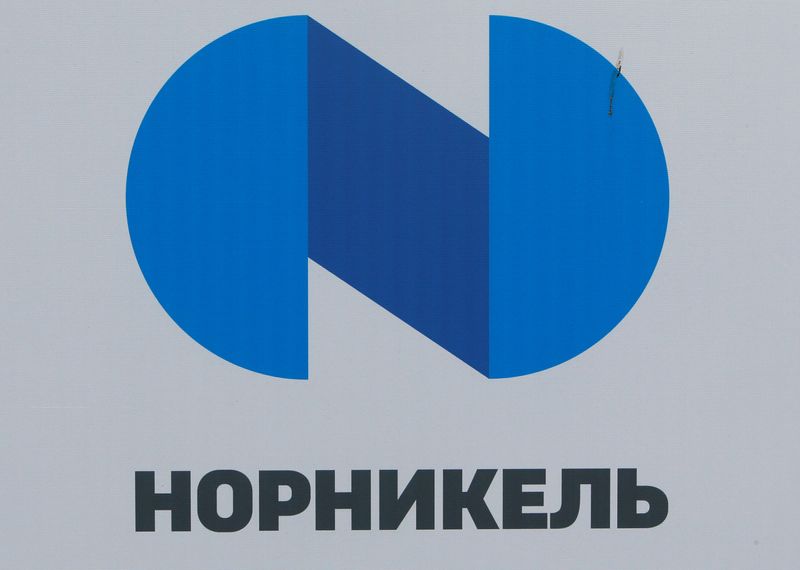By Julian Luk and Siyi Liu
HONG KONG (Reuters) – Nornickel is in talks with China Copper to form a joint venture that would allow the Russian mining giant to move its entire smelting base to China, four sources with knowledge of the matter told Reuters.
If the move goes ahead, it would be the first uprooting of a domestic factory in Russia since the U.S. and Britain banned metals exchanges from accepting new Russian-produced aluminum, copper and nickel.
It also means that Nornickel’s copper will be produced in the country where it is most consumed.
Nornickel said in April it planned to close its Arctic factory and build a new factory in China with an undisclosed partner.
Executives from China Copper, owned by the world’s largest aluminum producer Chinalco, flew to Moscow in June to discuss a possible joint venture, one of the sources said, adding that details of the structure and investments were still under discussion to stand.
Nornickel declined to comment. Chinalco and China Copper did not respond to email and phone requests for comment.
Sites under consideration in China include Fangchenggang and Qinzhou in the Guangxi region, the two sources said, while another source said Qingdao in Shandong province was also possible.
A decision on a joint venture will be made in the next few months, a fifth source said, adding that Nornickel’s Chinese production will likely be consumed domestically.
The new facility will have a capacity to produce 450,000 tonnes of copper annually, two sources said, representing about 2% of global mining resources estimated at around 22 million tonnes this year.
Nornickel, which produced 425,400 tonnes of refined copper last year according to its annual report, processed all its concentrates in 2023 at the Arctic plant, the only operation producing finished copper suitable for supply to exchanges.
The move plan came shortly after the London Metal Exchange, the world’s largest and oldest metals forum, announced new restrictions on product sales in April.
Nornickel and its metal are not subject to US or European sanctions, but many Western consumers will not buy metal of Russian origin since the Russian invasion of Ukraine.
Much of the company’s metal was stored on the LME, with more than 40% of the LME’s copper inventory being produced in Russia at the end of May, data showed.
Under new rules, LME storage will no longer be available for Russian copper produced after April 13.
China Copper is so far the only company interested in forming a joint venture with Nornickel, the sources said, as its parent company Chinalco is directly controlled by China’s central government and has the authority to make major decisions involving foreign parties involved.
Nornickel approached other state-owned Chinese copper producers, but many fall under the umbrella of provincial governments and consider working with a foreign company risky without the central government’s blessing.

The company said in its April statement that the plant should be built by mid-2027 and will be supplied by Nornickel with about 2 million tons of copper concentrate annually.
Last year, China consumed more than half of the world’s copper production, used in the energy and construction sectors.


